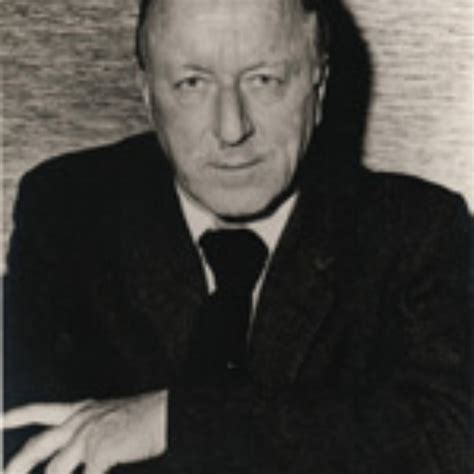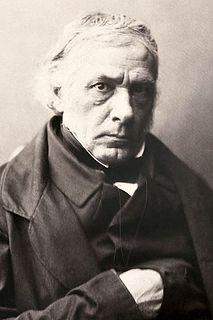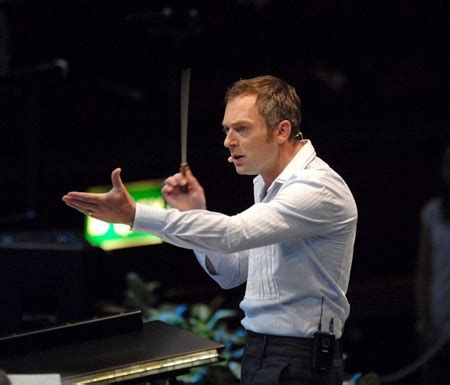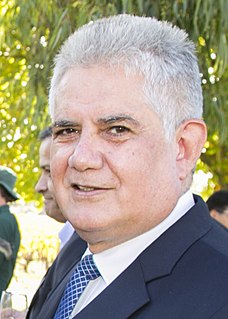A Quote by E. O. Wilson
The genius of human society is in fact the ease with which alliances are formed, broken, and reconstituted, always with strong emotional appeals to rules believed to be absolute.
Related Quotes
The unwritten rules of behaviour are infinite in number, finely shaded, and subtle to the last fraction of a degree. They are not to be broken. If broken, the rules of forgiveness leading to re-establishment are equally of air and iron. I learn these rules with rather less ease than my contemporaries because, in the back streets of my being, a duel is developing and increasing in fervour between my instinct which knows why something is so, and my hen-pecking intelligence which wishes to analyse why something is so.
Society cannot contribute anything to the breeding and growing of ingenious men. A creative genius cannot be trained. There are no schools for creativeness. A genius is precisely a man who defies all schools and rules, who deviates from the traditional roads of routine and opens up new paths through land inaccessible before. A genius is always a teacher, never a pupil; he is always self-made.
Well, we definitely need a strong and clear and assertive America. That's for sure. But you've always got to build alliances. And so it's very important that we are able to build those alliances. And where we don't do what in a way to extremists want us to do, which is to make this into a battle between the West and Islam - it's not. This isn't a clash between civilizations. It's about whether the values of tolerance and respect for difference prevail.
All human beings are moral beings. So, certainly there are alliances. We are in the countries, that are secular states, and we obey its laws. I think we must recognize that common moral base. But in alliances we must always be careful just of what level the alliance is perceived. I will go and lecture to an atheist society, for example, but I will not lecture for them, because I am not an atheist. You see the difference.
Royalty is a government in which the attention of the nation is concentrated on one person doing interesting actions. A Republic is a government in which that attention is divided between many, who are all doing uninteresting actions. Accordingly, so long as the human heart is strong and the human reason weak, Royalty will be strong because it appeals to diffused feeling, and Republics weak because they appeal to the understanding.
As one studies these preconditions, one becomes saddened by the ease with which human potentiality can be destroyed or repressed, so that a fully-human person can seem like a miracle, so improbable a happening as to be awe-inspiring. And simultaneously one is heartened by the fact that self-actualizing persons do in fact exist, that they are therefore possible, that the gauntlet of dangers can be run, that the finish line can be crossed.
It is paltry philosophy if in the old-fashioned way one lays down rules and principles in total disregard of moral values . As soon as these appear one regards them as exceptions, which gives them a certain scientific status, and thus makes them into rules. Or again one may appeal to genius , which is above all rules; which amounts to admitting that rules are not only made for idiots , but are idiotic in themselves.
Only stilted pedants can conceive the idea that there are absolute norms to tell what is beautiful and what is not. They try to derive from the works of the past a code of rules with which, as they fancy, the writers and artists of the future should comply. But the genius does not cooperate with the pundit.
Most people in the Western world grow up with the received wisdom that Mozart was a genius. But few people necessarily know why. More than anyone else, he captured this something which is the human condition, the fine line that we all constantly dance between joy and pain, between absolute happiness and absolute heartbreak.
Anarchism is no patent solution for all human problems, no Utopia of a perfect social order, as it has often been called, since on principle it rejects all absolute schemes and concepts. It does not believe in any absolute truth, or in definite final goals for human development, but in an unlimited perfectibility of social arrangements and human conditions which are always straining after higher forms of expression, and to which for this reason one can assign no definite terminus nor set any fixed goal.




































